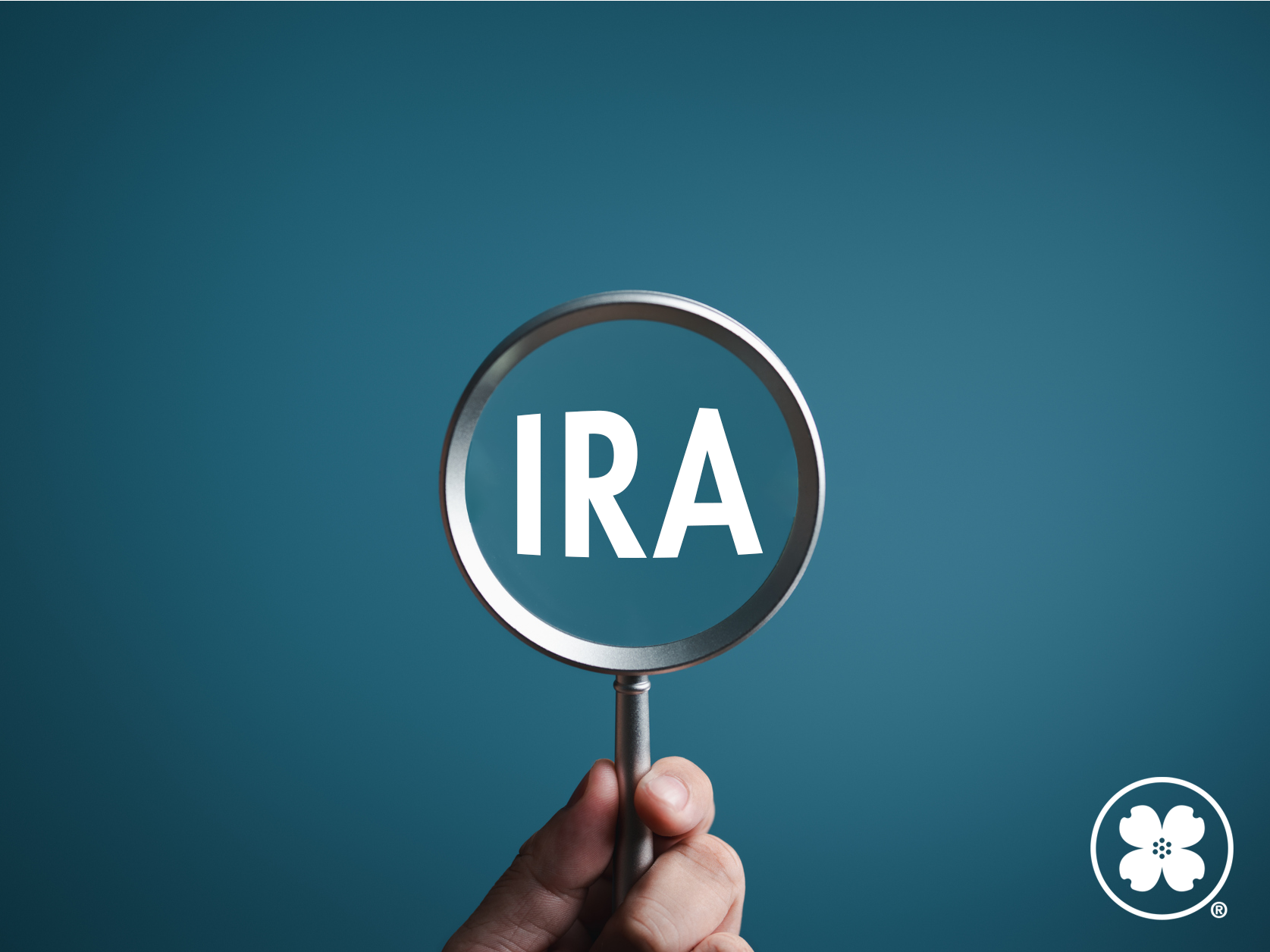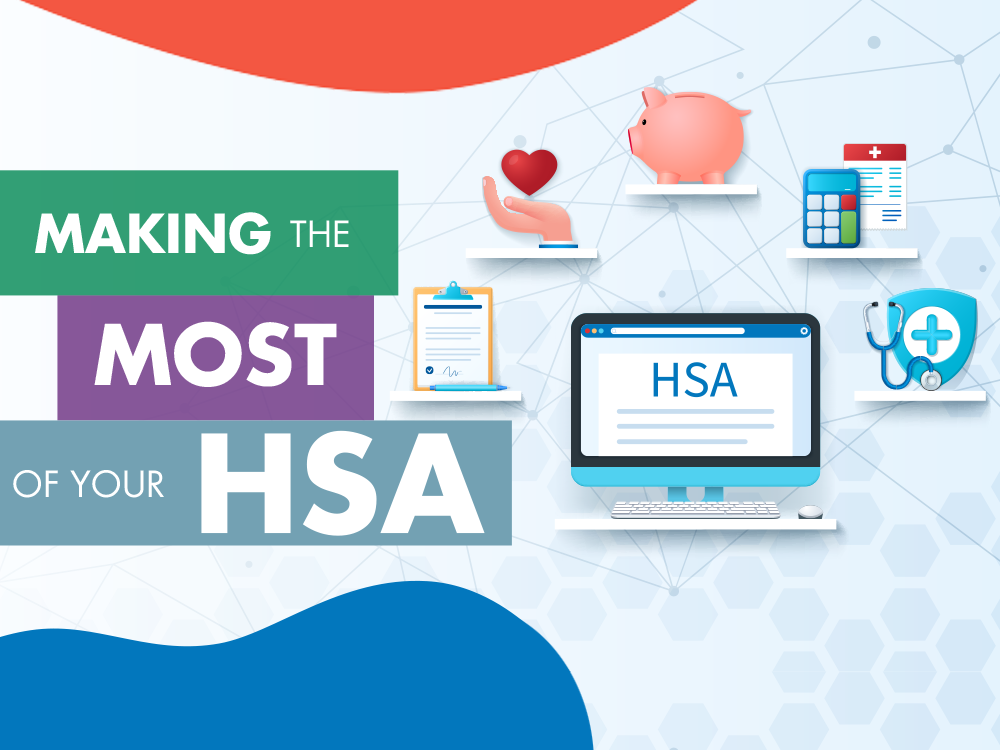Learn the key differences between IRAs and 401(k)s, including tax benefits, contribution limits, and withdrawal rules to help you choose the right retirement plan for your financial goals.

Maybe you don’t get the big cake and piles of presents like when you were a kid, but birthdays are still worth celebrating. When it comes to financial planning, each milestone birthday brings new benefits and opportunities.
50: You can contribute more to your retirement
The first financial benefit of growing older shows up at this birthday. You may contribute more to your 401(k) or other retirement plans and individual retirement account (IRA) with catch-up contributions. For 2023, you can make an additional $7,500 contribution to your 401K and an additional $1,000 contribution to your IRA if you’ve already maxed out the annual contribution limits.
59½: You can withdrawal funds from your IRA
You can withdraw money without penalty. Just remember that taxes may be due depending on the type of IRA. It’s also a good time to start consolidating IRAs and 401(k)s from past employers. This will help you track and organize your investments, so you can easily monitor your future retirement income.
62: You can start receiving Social Security
If you want an early retirement, you can start receiving Social Security. However, this can permanently reduce your monthly benefit by 30 percent versus waiting until your Full Retirement Age (FRA) to receive 100 percent of your Social Security benefits. Visit the Social Security website at ssa.gov ![]() to get personalized retirement estimates.
to get personalized retirement estimates.
65: You can sign up for Medicare
You have seven months to enroll. Three months before you turn 65, your birthday month, and three months after you turn 65. If you miss the initial enrollment period, you may have to pay additional fees for your lifetime. When you signup, you’ll get Part A automatically. If you’re not on an employer health plan, you’ll likely need to sign up and pay premiums for Parts B and D. Be sure to review Medicare Supplement (Medigap) Plans and Medicare Advantage Plans for additional coverage options.
66: Your Full Retirement Age if you were born from 1943 to 1954; 67 if you were born after 1960
Full Retirement Age provides you 100% of your Social Security benefits based on your lifetime earnings. If you were born between 1955 and 1959, Full Retirement Age gradually increases. If you were born after 1960, your Full Retirement Age will be 67. Each month you put off taking Social Security increases your future benefit.
70: Your Social Security benefits stop increasing
Your eventual Social Security benefit no longer increases after your 70th birthday.
70½: You can make a Qualified Charitable Distribution (QCD)
A QCD is a direct transfer from your IRA to a qualified charity. You can donate a sum of $100,000 to one or more charities in a calendar year. If you file taxes jointly, you spouse can also give up to $100,000 annually. The amount donated is excluded from taxable income and can be counted toward satisfying your required minimum distribution (RMD). Beginning in 2024, the QCD limit will be indexed for inflation.
73: Your Required Minimum Distributions (RMDs) begin
RMDs are minimum amounts that you must withdrawal from retirement plans annually starting with the year you turn 73. The age increased to 73 starting January 1, 2023, and will increase to 75 starting in 2033. This allows the government to finally tax your retirement funds. You may face expensive penalties if you don’t take your minimum RMDs.
And Many More…
Whether you are 21 or 61, saving for retirement is no longer an option. It’s a necessity. The more you save and the sooner you start, the better off you’ll be. Your goal is to live the same financial lifestyle that you did before retirement. Central Trust Company helps clients prepare for these milestones. Contact us so we can prepare and celebrate with you, too!


